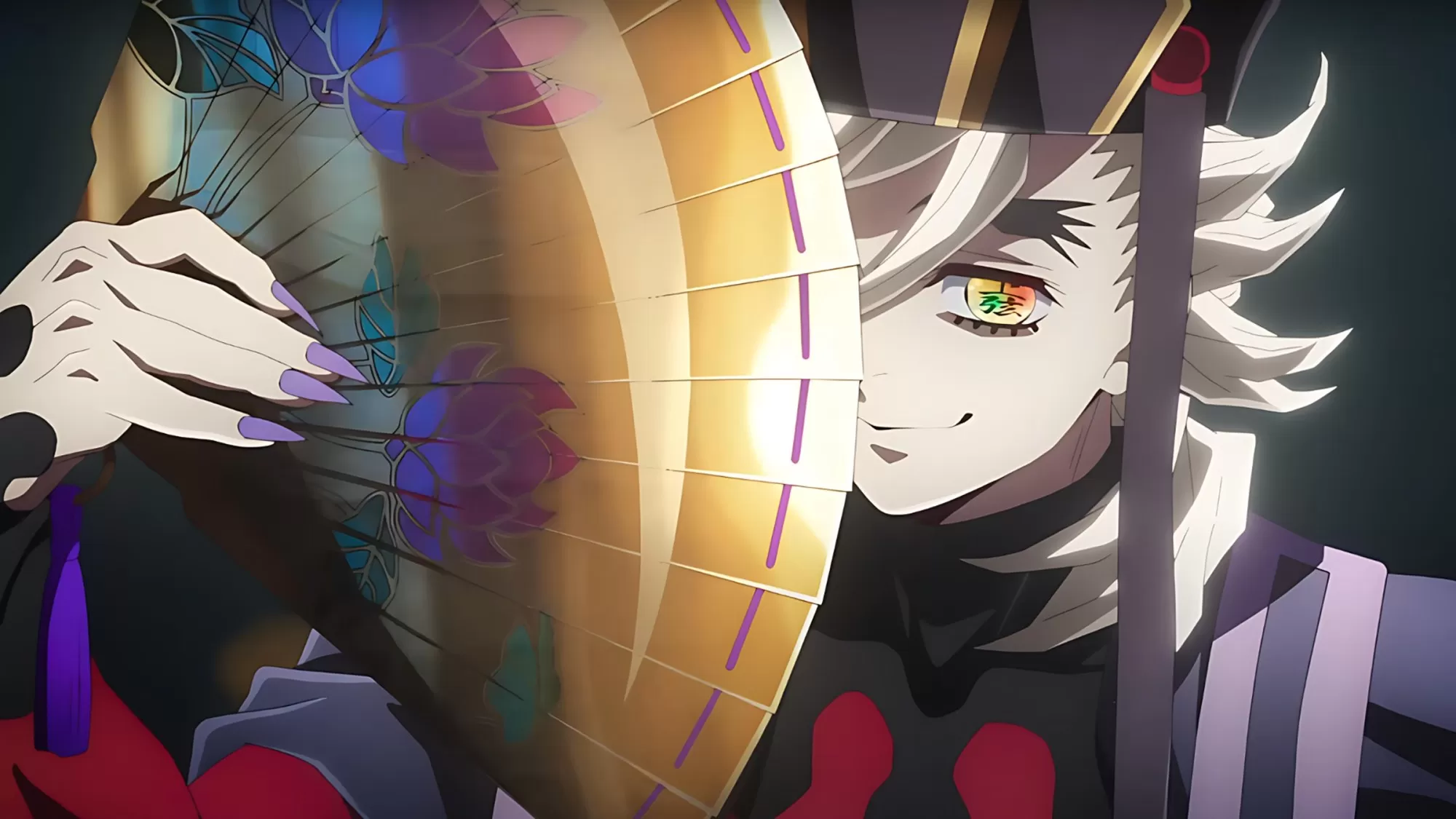Julian Schnabel's 'In the Hand of Dante': A Visually Stunning, Yet Narratively Treacherous Descent
Share- Nishadil
- September 04, 2025
- 0 Comments
- 4 minutes read
- 53 Views

Oscar Isaac Shines in Julian Schnabel's Ambitious but Uneven 'In the Hand of Dante'
Julian Schnabel's 'In the Hand of Dante,' featuring a compelling Oscar Isaac, offers a visually stunning but narratively complex journey into the world of Dante Alighieri. An ambitious art film that both mesmerizes and challenges its audience.
Julian Schnabel's latest cinematic endeavor, 'In the Hand of Dante,' starring the ever-compelling Oscar Isaac, is a film that demands attention, if not always unwavering admiration. Unveiled at the Venice Film Festival, it's a project steeped in the kind of audacious artistic ambition that defines Schnabel's oeuvre, pushing boundaries with a visual poetry that is both mesmerizing and at times, bewildering.
However, beneath its striking aesthetic and a committed performance from Isaac, the film grapples with a narrative so sprawling and self-referential that it frequently threatens to lose its audience in its own labyrinthine depths.
The premise is undeniably intriguing: a modern-day scholar, a character deeply intertwined with Dante Alighieri's 'Inferno,' finds himself caught in a vortex of ancient manuscripts, spiritual crises, and a palpable sense of historical weight.
Oscar Isaac, in a dual role, delivers a performance brimming with intellectual intensity and a raw, almost feverish desperation. He is the anchor in a storm of ideas, attempting to imbue the often-abstruse plot with a semblance of human connection. His portrayal is a masterclass in conveying existential dread and intellectual obsession, proving once again his remarkable range and ability to elevate complex material.
Schnabel, ever the painter-turned-filmmaker, paints with light and shadow, creating sequences that are visually arresting.
The cinematography is exquisite, transporting viewers from the dusty confines of ancient libraries to sun-drenched Italian landscapes, each frame meticulously composed. There are moments of sheer visual brilliance, where the film feels like a living, breathing canvas, evoking the very spirit of the literary masterpiece it draws inspiration from.
This artistic prowess is undeniably the film's greatest strength, a testament to Schnabel's unique vision and an experience that rewards those willing to surrender to its aesthetic charms.
However, the film's narrative coherence often falters under the weight of its own ambition. Jumping between timelines, historical figures, and philosophical musings, 'In the Hand of Dante' occasionally sacrifices clarity for artistic flourish.
The dialogue, while often profound, can feel overly dense, demanding an almost scholarly engagement from the viewer that might alienate those not intimately familiar with Dante's work or the philosophical underpinnings the film explores. The emotional core, despite Isaac's valiant efforts, sometimes gets buried beneath layers of intellectual allegory and stylistic excess.
Ultimately, 'In the Hand of Dante' is a challenging watch, an art-house experience that prioritizes sensory immersion and intellectual provocation over straightforward storytelling.
It's a film that will undoubtedly divide audiences: those who embrace its unbridled artistic spirit will find much to admire, while others may find its self-indulgence and narrative opacity frustrating. Despite its flaws, it stands as a bold, uncompromising work from a director who refuses to play it safe, leaving an indelible, if sometimes perplexing, impression.
It’s a film that lingers, prompting reflection long after the credits roll, a testament to its peculiar, fragmented power.
.Disclaimer: This article was generated in part using artificial intelligence and may contain errors or omissions. The content is provided for informational purposes only and does not constitute professional advice. We makes no representations or warranties regarding its accuracy, completeness, or reliability. Readers are advised to verify the information independently before relying on







